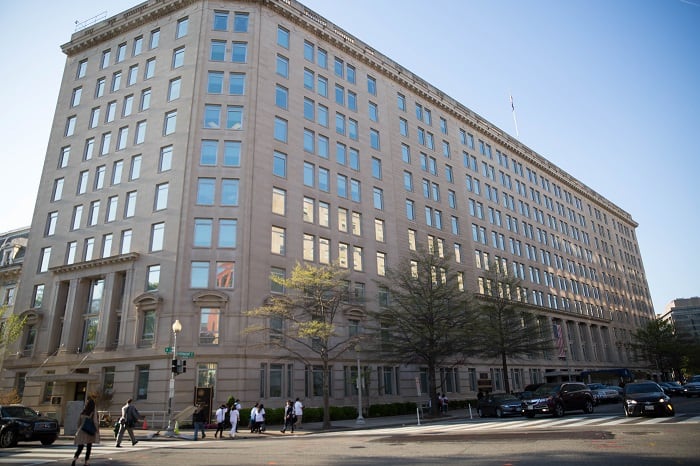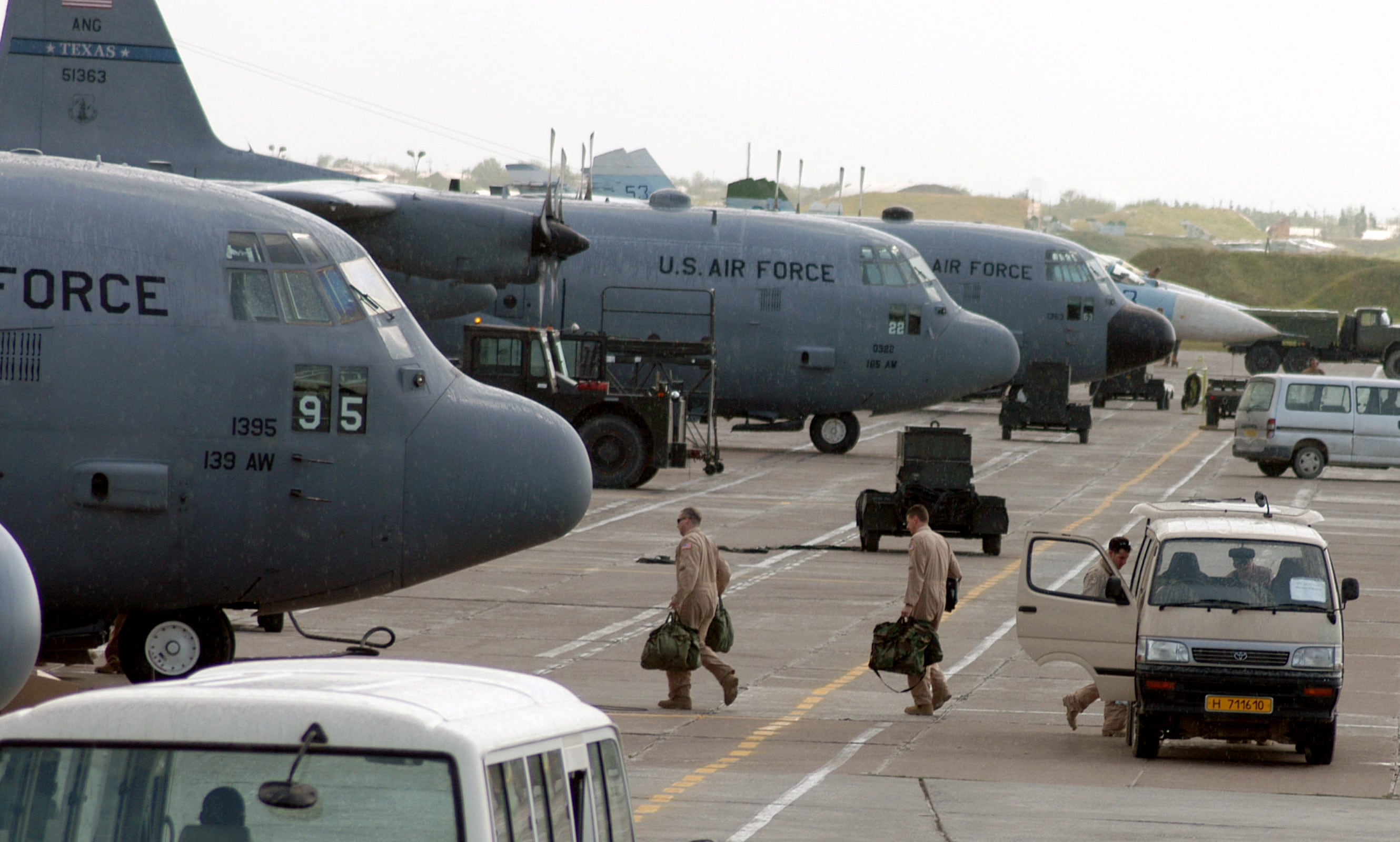WASHINGTON — The United States warned Wednesday that any attack on American allies or use of nuclear weapons by North Korea would be met with an "overwhelming" U.S. response as it sought to reassure close ally South Korea that the U.S. has its back.
The statement by Defense Secretary Ash Carter came as top U.S. and South Korean diplomats and military officials met, weeks after North Korea's most powerful nuclear test explosion to date, and days after its failed test launch of a ballistic missile — one of more than 20 such tests this year alone.
The flurry of activity has deepened concern over the North's progress toward having a nuclear warhead it can mount on a long-range missile.
The two sides discussed steps to strengthen the so-called "extended deterrence" provided by U.S. nuclear forces in defending South Korea and agreed to begin a high-level dialogue about it. Seoul is looking to allay calls from conservatives at home who want South Korea to develop its own nuclear arsenal.
"The U.S. commitment to the defense of South Korea is unwavering. This includes our commitment to provide extended deterrence, guaranteed by the full spectrum of U.S. defense capabilities," Carter said in opening remarks.
"Make no mistake, any attack on America or our allies will not only be defeated, but any use of nuclear weapons will be met with an overwhelming and effective response," he said.
South Korean Foreign Minister Yun Byung-se said the threat posed by North Korea is "more grave than ever" and that the North is "nearing the final stage of nuclear weaponization."
"North Korea's threat is no longer confined to the Korean Peninsula and Northeast Asia. It's now a direct threat to the mainland U.S.," he said after the talks. "The next few years will be the tipping point."
He said defense officials on Thursday would discuss the possibility of deploying U.S. "strategic assets" to the South — an apparent reference to permanently basing nuclear-capable planes or vessels there.
Secretary of State John Kerry reiterated the U.S. will deploy "as soon as possible" a Terminal High Altitude Area Defense, or THAAD, a missile defense system intended to protect South Korea and the nearly 30,000 U.S. forces based there.
The plans for THAAD have angered China and Russia, which see it as a threat to their own defense.

The United States warned Wednesday that any attack on American allies or use of nuclear weapons by North Korea would be met with an "overwhelming" U.S. response as it sought to reassure close ally South Korea that the U.S. has its back.
Photo Credit: Jeon Heon-Kyun-Pool/Getty Images
Kerry called for every country to rigorously enforce U.N. sanctions on North Korea, which are intended — but have failed — to prevent its development of weapons of mass destruction. He said the international community needs to cooperate so the North "pays a price for its dangerous actions."
The U.S. and China, which is the North's traditional ally and main trading partner, are currently negotiating at the U.N. Security Council on tightening sanctions in response to the Sept. 9 nuclear test. The U.S., South Korea and Japan are considering additional sanctions of their own.
Kerry said the U.S. wants to close a loophole in the current U.N. sanctions allowing coal exports from North Korea to support the livelihood of its people. Kerry said that provision was being abused and the "greatest amount" of coal and revenue has just passed between China and North Korea.
The U.S. hopes that tighter sanctions can force impoverished North Korea to return to long-stalled negotiations on providing aid in exchange for denuclearization, but there appears to be little prospect of their resumption because of Pyongyang's determination to have nuclear weapons.
North Korea's state-run Rodong Sinmun newspaper on Wednesday said the North would strengthen its nuclear capabilities in quantity and quality in response to the threat from its enemies.
"We have warned that South Korea will be engulfed in a sea of fire and the U.S. military units in the Pacific region and the mainland will be in chaos if the U.S. wages nuclear strikes against us," the newspaper said. "Our warning is not an empty word."
Kerry said claims from North Korean leader Kim Jong Un that he needs nuclear weapons to defend against the U.S. defy common sense.
"The United States has had the power to wipe out North Korea for years, for years. And if indeed that was out goal, we wouldn't be sitting around waiting" while they get additional nuclear weapons, he said.




